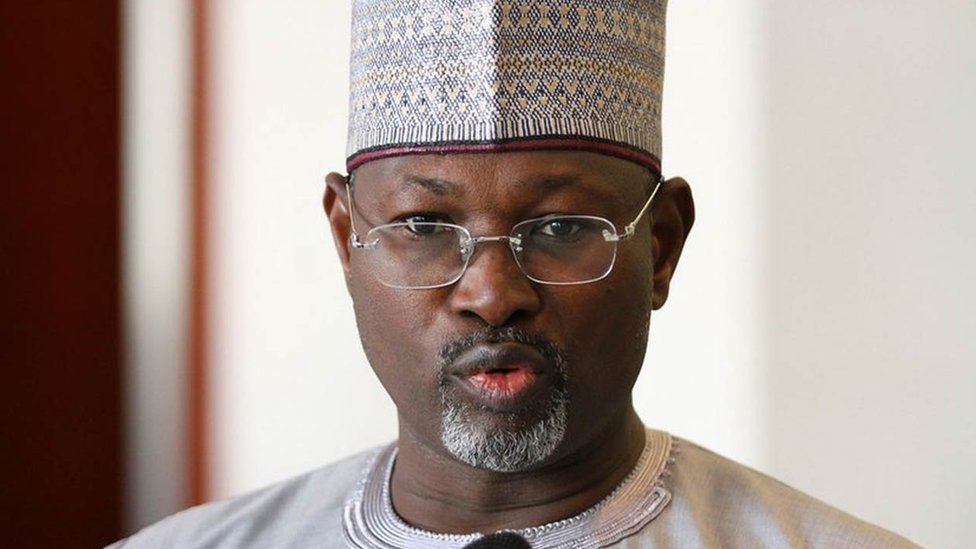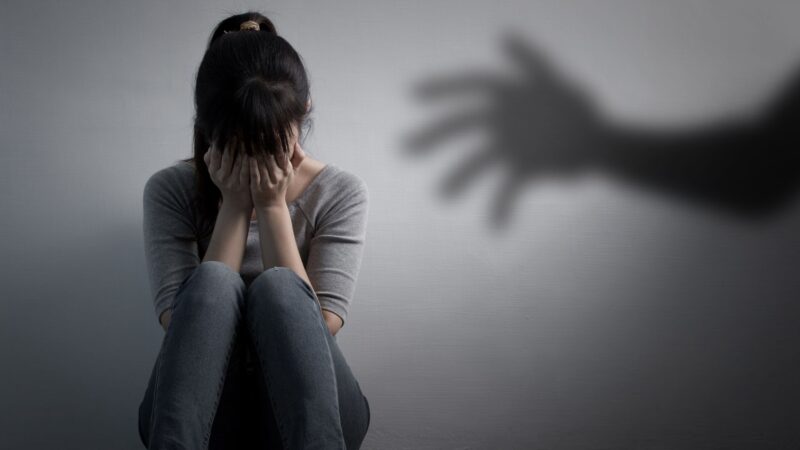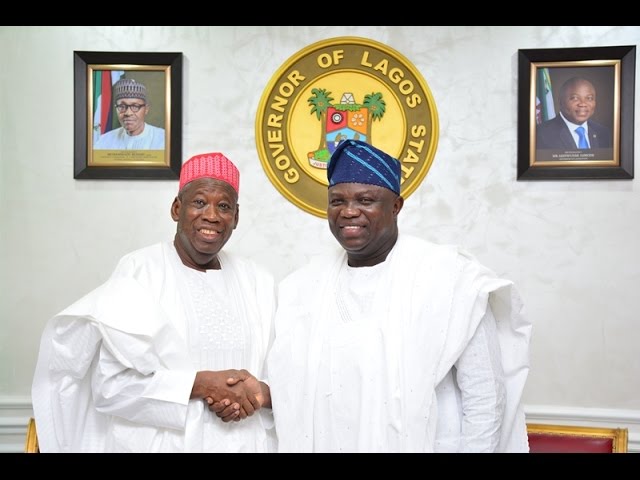Photo credit: Rock City FM
I recently had some duty to perform in an Ogun State public secondary school. In my country, there are sharp differences between public and private owned educational institutions in various ways.
The public institutions are blessed with the most qualified instructors. And, thanks to thriving labour unions, they are relatively better paid than their counterparts in the private sector. At least, one could say that of the primary and secondary institutions.
However, due to years of neglect, the rate of decay in our public schools is more than alarming.
In Ogun State, the government has built over twenty model secondary schools. Some have said twenty two while others have said twenty six. But the fact still remains that the government has invested in model secondary schools.
However, since the schools were completed over a year ago, most people who have children of secondary school age have been unable to send their wards there.
The schools are beautiful. And, they are equipped with the best of facilities. Of course, they will have the best teachers.
However, most prospective parents may not be able to afford the school fees. This is more so, when it is considered that the schools will be operating a boarding house system. It is not clear yet whether day pupils will be admitted to the schools.
Let’s go back to the public secondary schools.
In the first republic (Oct 1, 1960 – July 29, 1966), the Western region operated a free education system. That period set a standard which others have been trying to follow.
In the second republic (Oct 1, 1979 – December 31, 1983), the five UPN states in Lagos, Oyo, Ogun, Ondo, and Bendel offered free education too.
However, in the fifth republic ( May 29, 1999 till date), free education has been nothing but a grand charade. Personally, I don’t see why the government should not be able to continue with the very laudable idea of free education.
In the 1999 constitution of Nigeria, a section is devoted to education:
18, (1) Government shall direct its policy towards ensuring that there are equal and adequate educational opportunities at all levels.
(2). Government shall promote science and technology.
(3). Government shall strive to eradicate illiteracy; and to this end Government shall as and when practicable provide –
(a) free, compulsory and universal primary education;
(b) free university education; and
(c). free adult literacy programme.
Lawyers will be quick to add that the operative word is ‘practicable’. However, I believe that free education is practicable even now. That is if we look inwards and start producing instead of looking up to Abuja for monthly donations.
I am told that UNESCO has even set the standard for governments. The world body has fixed the percentage of government budgets for education at twenty six.
How many of our governments in Nigeria are even near a half of that?
In the case of Ogun state, one will advise the government to release the public schools to willing investors. The federal government took over private schools in 1976. Many of the owners are still interested in running their schools.
I think it will not be a bad idea for government to release those schools. It is the right thing to do.
Government will then be able to adequately manage the remaining schools. For pupils and teachers who may be displaced by the return of schools, government may use the model school buildings to accommodate them.
I foresee parents removing their wards from private schools in order to put them in the government schools. Meanwhile, the other schools should be refurbished.
Expecting old students’ associations and parent teachers’ associations to take care of schools is an admission of defeat.
If those associations feel the need to give, it should be seen as a surplus with no strings attached!
092617







